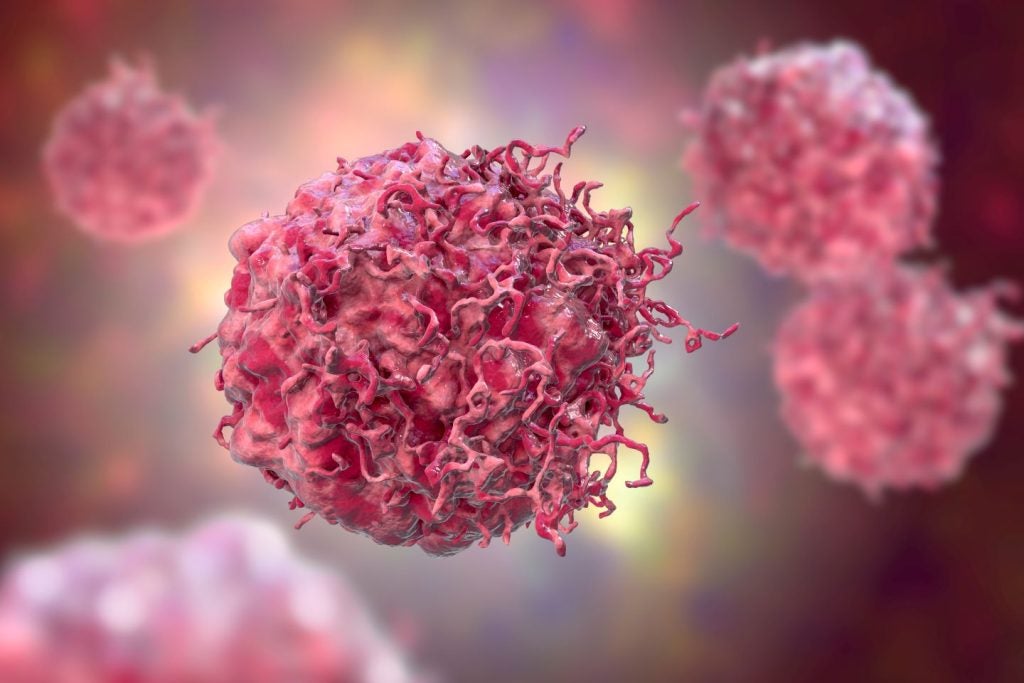Invenra has received rare pediatric disease designation (RPDD) and orphan drug designation (ODD) from the US Food and Drug Administration (FDA) for its bispecific antibody, INV724, under development to treat neuroblastoma.
These designations are claimed to provide strategic benefits that will accelerate the development of this promising therapy, apart from reductions in cost and financial incentives.
INV724, stemming from Invenra's B-Body Bispecific Platform, is the product of a collaboration with the University of Wisconsin Carbone Cancer Center.
It is said to target GD2 and B7-H3 tumour antigens and has been engineered to reduce severe pain typically associated with GD2-targeted therapies.
Preclinical results have highlighted INV724's strong therapeutic potential and developability.
The RPDD and ODD designations come with multiple benefits, including a transferrable priority review voucher, extended market exclusivity, and eligibility for grants and research support.
These incentives are vital for expediting the development and improving the availability of critical therapies for rare paediatric diseases.
Invenra’s B-Body Platform allows for the rapid engineering and development of therapeutic antibodies with robust performance.
Invenra CEO Roland Green said: “Invenra is deeply committed to advancing INV724 as a potentially transformative treatment for children with neuroblastoma.
“The FDA's RPDD and ODD designations not only validate our innovative approach but also give us the critical support to fast-track its development in collaboration with potential partners. We are eager to bring this therapy to patients who need it most.”
In August 2021, Invenra and Exelixis extended their discovery and licensing partnership to include 20 more oncology targets for multi-specific antibodies, antibody-drug conjugates, and developing other biologic candidates.
In May 2018, the companies collaborated to discover and develop mono-specific and multi-specific antibodies for integration into new biologic therapies to treat cancer.









